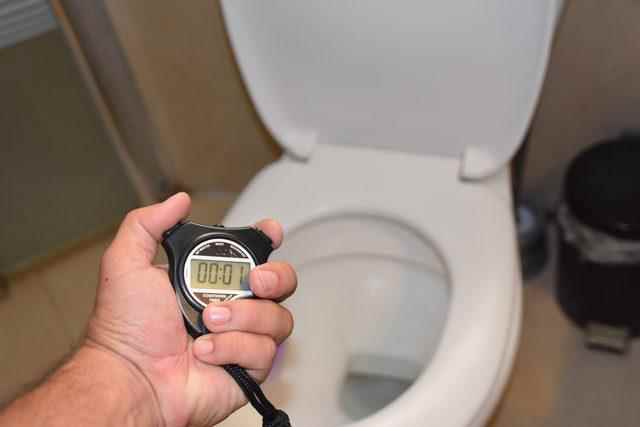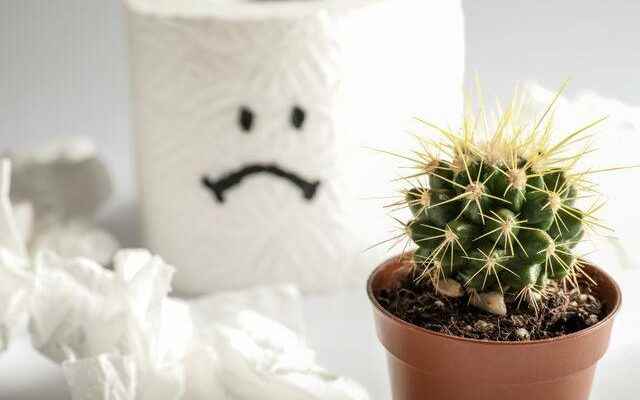In recent years, many people go to the toilet with a book, mobile phone or newspaper. Experts warned very important about long toilet breaks. Because if you spend more than five minutes on the toilet, you may potentially have a higher risk of developing hemorrhoids.
According to a recent survey, Brits spend an average of three and a half hours per week on the toilet, and many attribute that time to relaxation and hygiene. One healthcare professional warned that spending a long time on the toilet can cause pressure build-up in the rectum and anus, increasing the risk of hemorrhoids.
CHRONIC Constipation MAY Develop
Hemorrhoids are enlarged blood vessels in or around your anus; they are usually visible to the naked eye, especially when accompanied by a blood clot. They are linked to chronic constipation as well as excessive straining during bowel movements.
CAN DAMAGE THE RECTUM
Spending too much time on the toilet can also block blood flow to the area. Health expert Stephanie Taylor said: “Whether you enjoy sitting on the toilet, reading the newspaper, or surfing social media, it can damage your rectum.”
CAN CAUSE HEMOROIDS
“When you sit with your anus at a different level from the rest of your lower half, this puts extra pressure on the veins in your lower rectum, which can eventually lead to hemorrhoids, which can be uncomfortable and cause rectal bleeding.”
THINGS YOU NEED TO CONSIDER
Avoid sitting on the toilet for too long at a time. According to one study, it should only take five minutes to empty your bowel, and if you’ve been sitting for more than 15 minutes without a bowel movement, you may suspect you’re constipated.

EXTREMELY PAINFUL
The Mayo Clinic explains: “Sometimes a clot can form in a hemorrhoid. Although not dangerous, it can be extremely painful. In some cases it needs to be punctured and drained.”
NEVER WAIT
Other measures to help prevent hemorrhoids include a high-fiber diet and drinking more fluids. Health experts also recommend going to the bathroom as soon as you feel the urge, as waiting can cause stool to dry out and make it harder to pass.
